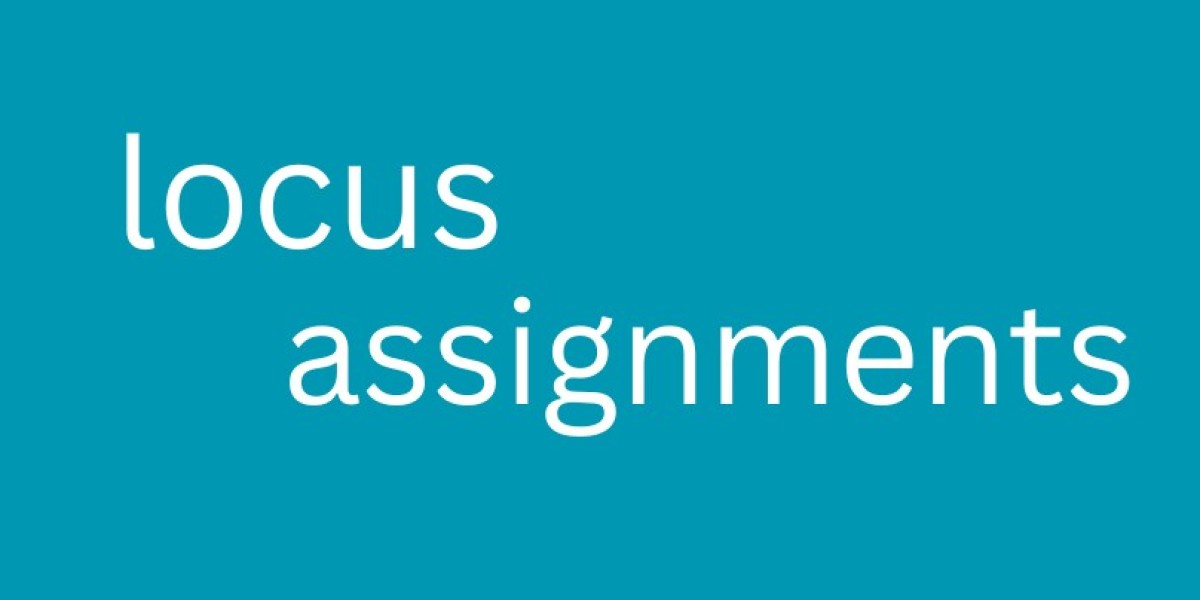In your 20s and 30s, good health often feels like a guarantee. With few medical issues and a busy lifestyle, many young adults assume they can postpone buying a Health Insurance Plan. However, this assumption can turn into a costly mistake both financially and emotionally. While you may feel invincible now, the absence of proper health coverage exposes you to a range of hidden costs that can derail your savings, financial goals, and long-term well-being:
Medical emergencies can strike at any time
Even if you are fit and active, life can be unpredictable. Accidents, sudden illnesses, and minor surgeries can lead to unexpected hospitalisation. Without a valid Health Insurance Plan, even a short hospital stay can cost thousands. Emergency room visits, diagnostics, medication, and follow-up treatments all add up quickly, and you may have to pay everything from your pocket.
Delaying Health Cover means higher premiums later.
Buying Health Cover Plans at a younger age often means lower premiums and fewer exclusions. The longer you wait, the higher your premium could get, especially if health issues develop in the meantime. By purchasing insurance early, you lock in lower costs and start building waiting periods for pre-existing conditions and benefits like maternity cover or day-care procedures.
Lack of coverage affects preventive healthcare.
Many modern Health Cover Plans offer more than just hospitalisation. They include preventive care features such as annual health check-ups, mental health consultations, and wellness programs. Without insurance, most young adults tend to skip these preventive steps due to cost concerns. Over time, this can result in delayed diagnoses and more severe health problems.
Overdependence on Group Health Coverage
If you are employed, you may assume your company’s Group Health Coverage is enough. While it provides a basic layer of protection, the sum insured may be too low for major treatments. In most cases, Group Health Coverage also ends the moment you switch jobs, putting you at risk of being uninsured during transitions or layoffs.
It is wise to supplement employer-provided plans with a Personal Health Insurance Plan that stays with you throughout your life.
Missed tax-saving opportunities
Paying for a Health Insurance Plan also brings financial benefits in the form of tax deductions under Section 80D of the Income Tax Act. By delaying insurance, you are not just risking healthcare costs; you are missing out on annual savings that could go toward investments or other essential expenses.
Conclusion
Skipping medical insurance in your 20s and 30s may seem like a smart cost-cutting move, but it exposes you to significant financial and health risks. Investing in a solid Health Cover Plan early ensures you are protected when life throws the unexpected your way. Whether you are relying on limited Group Health Coverage or simply have not explored your options yet, now is the best time to secure a long-term Health Insurance Plan that works for your future.








